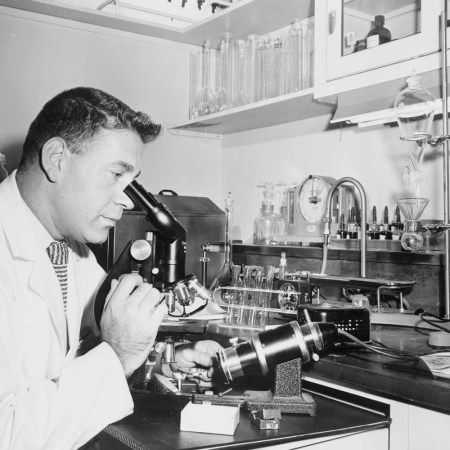Much of what we read about AI in 2025 involves controversies around this technology, whether that relates to how systems are trained or pop cultural depictions of AI. But there’s one use of AI that’s a lot less controversial, for countless reasons: using AI for medical research. It isn’t hard to understand why: there’s a clear benefit to this application, and it doesn’t seem to have the environmental effects comparable to those of generative AI.
The latest application of medical AI has to do with couples experiencing infertility — specifically, in situations where plenty of sperm are inviable. Writing at The Washington Post, Sabrina Malhi explored a new initiative at the Columbia University Fertility Center that uses AI to identify viable sperm, which couples can then use in IVF treatments.
Specifically, Malhi writes, the treatment is useful for people are afflicted with azoospermia. According to data from the University of North Carolina’s School of Medicine, the condition “is present in 1% of men in the general population and in 15% of men with infertility.”
As Zev Williams, who heads Columbia’s Division of Reproductive Endocrinology & Infertility, told the Post, the AI-based system showed dramatic results compared with manually reviewing samples. “We ran the same sample and found 44 sperm within an hour,” Williams said of a sample where a manual check had shown nothing viable. “That changes everything for a couple who thought they had no path forward.”
Can Everyday Kitchen Items Affect Your Fertility?
A new book offers some surprising answersCould this application of technology turn out to be the proverbial game-changer? For his part, Robert Brannigan of the American Society for Reproductive Medicine took a tone of cautious optimism, telling the Post, “[T]his looks promising, but as with any new technology in medicine, especially in reproductive care, we need to follow the data and study it further.”
The Charge will help you move better, think clearer and stay in the game longer. Subscribe to our wellness newsletter today.



















